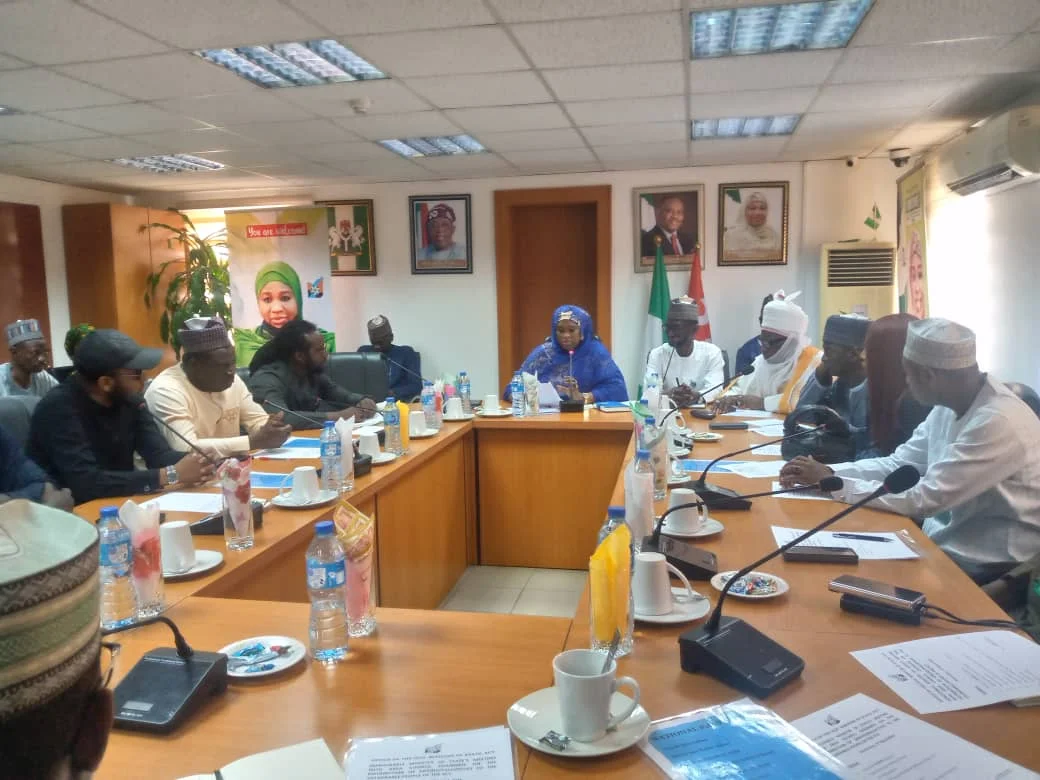Business
‘Nigeria, Six Others Account For 65% Global Gas Flaring’

The World Bank says Nigeria and six other countries are responsible for two-thirds of global gas flaring.
It said this on Wednesday in a statement titled: ‘Seven countries account for two-thirds of global gas flaring’.
According to the World Bank, “Gas flaring satellite data from 2020 reveals that Russia, Iraq, Iran, the United States, Algeria, Venezuela and Nigeria remain the top seven gas flaring countries for nine years running, since the first satellite was launched in 2012.
“These seven countries produce 40 per cent of the world’s oil each year, but account for roughly two-thirds (65 per cent) of global gas flaring.
“This trend is indicative of ongoing, though differing, challenges facing these countries. For example, the United States has thousands of individual flare sites, difficult to connect to a market, while a few high flaring oil fields in East Siberia in the Russian Federation are extremely remote, lacking the infrastructure to capture and transport the associated gas.”
The Global Director for the Energy and Extractives Global Practice at the World Bank, Demetrios Papatha-nasiou, said, “In the wake of the Covid-19 pandemic, oil-dependent developing cou-ntries are feeling the pinch, with constrained revenues and budgets.
“But with gas flaring still releasing over 400 million tons of carbon dioxide equivalent emissions each year, now is the time for action.
“We must forge ahead with plans to dramatically reduce the direct emissions of the oil and gas sector, including from gas flaring”.
The World Bank stated that in an unprecedented year for the oil and gas industry, oil production declined by eight per cent in 2020, while global gas flaring reduced by five per cent, according to satellite data compiled by the World Bank’s Global Gas Flaring Reduction Partnership.
Business
NCDMB Tasks Media Practitioners On Effective Reportage

Business
FCTA, Others Chart Path To Organic Agriculture Practices

The Federal Capital Territory Administration (FCTA) and other stakeholders have charted path to improved organic agriculture practices nationwide.
At a 2024 national organic and agroecology business summit held recently in Abuja, stakeholders took turn to speak on the additional areas of promoting the practices.
The Mandate Secretary, FCT Agriculture and Rural Development Secretariat (ARDS), Lawan Geidam, advocated for sustainable practice to develop resilient food systems that will benefit people.
The event, with the theme,”Towards Policies for Upscaling Organic Agroecological Businesses in Nigeria”, is aimed at fostering growth in the organic agriculture sector.
Geidam, who was represented by the Acting Director, Agric Services, in the Secretariat, Mr. Ofili Bennett, emphasised the success of organic and agroecological farming, reling on the active involvement of farmers, businesses and consumers.
He reassured attendees that the FCT Administration, led by the Minister, Nyesom Wike, and Minister of State, Dr. Mariya Mahmoud, remains dedicated to supporting initiatives that enhance the livelihood of residents.
Geidam described the partnership between the Secretariat and the organic and Agroecology initiative for a monthly exhibition and sale of organic products in the FCTA premises as a testament to this commitment.
“The ARDS remains committed to driving policies and initiatives that align with national goals and global standards”, Geidam said.
On her part, the Chairperson of Organic and Agroecology Initiative, Mrs. Janet Igho, urged residents to embrace healthy eating habits to sustain a good lifestyle. She stressed the importance of adopting organic practices, highlighting the benefits of going organic, growing organic and consuming organic products.
Igho expressed her optimism regarding the Agricultural Revival Programmes as articulated in President Bola Ahmed Tinubu’s “Renewed Hope Agenda”, which aims at fostering food and nutrition security.
She also extended her gratitude to ARDS for graciously allocating a space in the FCTA premises for the exhibition and sale of organic products, noting that the platform has been effectively used to advance the promotion of organic agriculture in FCT.
Igho outlined several benefits of organic agriculture which includes improved soil health, increased biodiversity, availability nutritious and healthy food and a reduced carbon footprint.
Stakeholders at the summit, underscored the critical need for enhanced private sector involvement and robust capacity building initiatives for farmers.
They highlighted the importance of implementing supportive policies to foster the growth of the organic agriculture sector.
In the light of the significant challenges facing Nigeria’s agricultural landscape, stakeholders decided that organic agricultural practices present sustainable solutions and a pathway for a more resilient and productive farming systems.
The three-day summit featured exhibitions showcasing organic foods, fruits, vegetables and fertilizers, providing an opportunity for residents to better appreciate the benefits of production and consumption of organic agricultural products.
Business
Dangote Refinery Exports PMS to Cameroon

-
Rivers1 day ago
Expert Advocates IT Driven Security In Rivers
-
News23 hours ago
Tinubu To Present 2025 Budget To NASS Dec 17
-
News5 days ago
New Oneh Eta Akpajo Emerges
-
News1 day ago
Fubara Unveils Steps To Boost Agriculture In Etche …As Omehia Flags Off Egwi-Afara-Mba Road Project Says Road’ll Enhance Connectivity, Economic Activities
-

 Business22 hours ago
Business22 hours agoNCDMB Tasks Media Practitioners On Effective Reportage
-

 Maritime5 days ago
Maritime5 days agoCoastal Guard Bill’ll Unlock Marine Blue Economy Potential -FG
-
Sports23 hours ago
Rivers Hoopers Target 2025 BAL Final
-

 Nation21 hours ago
Nation21 hours agoHYPREP Trains Students On Petroleum Jelly, Liquid Soap Making

